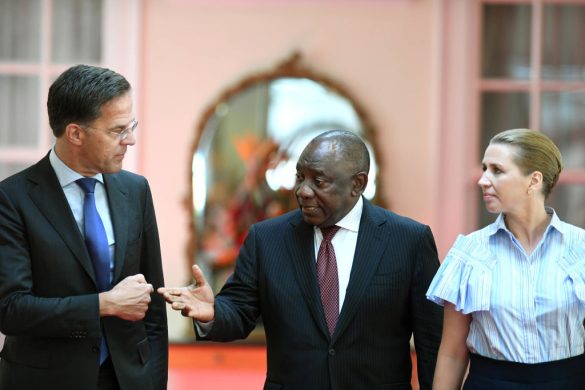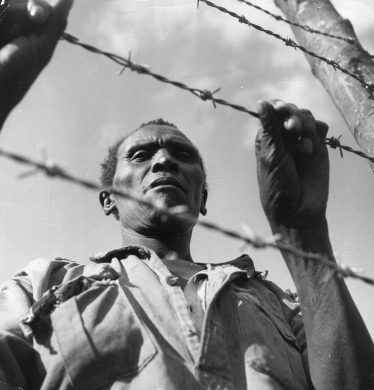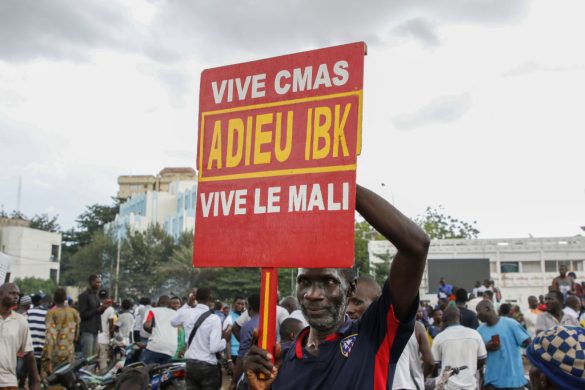Udfra hvordan det er gået i to vestafrikanske lande, når nyt studie fra Dansk Institut for Internationale Studier (DIIS) frem til, at det går trægt med at få EU-bureaukratiet til at decentralisere beslutninger om Unionens enorme u-landsbistand.
Striving for complementarity in European development cooperation – Evidence from Ghana and Burkina Faso.
EU institutions and member states have made several commitments in recent years to improve division of labour and complementarity, and proceed to joint programming of development cooperation.
On the basis of country studies in Burkina Faso and Ghana, this report analyses the progress in implementing these commitments in practice.
Transfer of management responsibility to EU delegations in the 2000s and the legal changes of the Lisbon Treaty have paved the way to strengthening the role of EU delegations in coordination at country level.
The EU has become a major forum for coordination for all member states, reflected, for instance, in the intense dialogue presently taking place around the process of joint programming of development cooperation in Ghana.
Joint programming indeed is likely to contribute to mutual understanding and joint action among EU member states and delegations, as well as joint analytical work including joint development cooperation reviews.
The study points to two main challenges:
1)
While some measures and reforms have been implemented, major constraints within the EU system for promoting dynamics of complementarity at country level remain, in terms of rigidity of some procedures as well as complexity and centralisation of decision making processes.
In addition, current reorganisation in Brussels, with the establishment of the European External Action Service (EEAS) and shared powers between EEAS and the Commission General Directorate for Development (DEVCO) on development issues, has led to additional complexity in the institutional set-up influencing the daily functioning of delegations.
In this context, the study points to the risk that decisions about 11th European Development Fund country programming will become centrally steered and mostly an internal affair of the EU institutions to the detriment of dialogue with partner governments and complementarity concerns at country level.
2)
While member state organisations are generally more flexible and decentralised, other political priorities and visibility concerns sometimes lead the attention away from complementarity and division of labour concerns.
DIIS-rapport:
Striving for complementarity in European development cooperation
Evidence from Burkina Faso and Ghana
Christel Vincentz Rasmussen
DIIS Report: http://www.diis.dk/sw129677.asp
Yderligere oplysninger hos:
DIIS Communications
DIIS – Danish Institute for International Studies
E-mail: [email protected]
Tlf.: 32 69 89 39 og web: www.diis.dk














